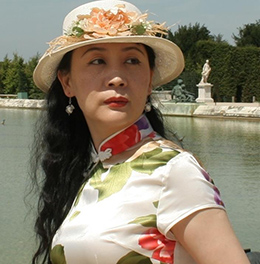
China’s overseas critics under pressure from smear campaigns, cyber attacks
“I think my actions … have harmed the national interest. What I have done was very wrong. I seriously and earnestly accept to learn a lesson and plead guilty,” said Chinese journalist Gao Yu during a televised confession on the state-run channel CCTV in May 2014.
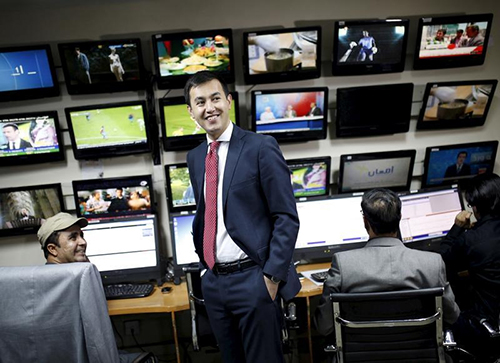
‘We are at a critical juncture,’ Tolo TV’s head of news says after bomb kills seven
For people outside of Afghanistan, the January 20 attack on the Tolo TV van, which killed seven people and wounded about two dozen more staffers, was just one more horrendous event in a series of bombings, military skirmishes, attacks, counter attacks, and standoffs around the country. The attack was widely reported but, for outside observers,…
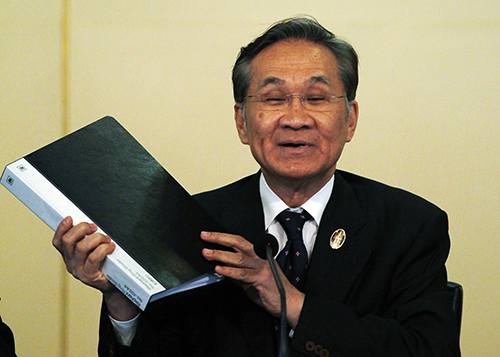
Thailand aims to hollow out foreign press with new visa restrictions
Senior Southeast Asia representative Shawn Crispin this week presented CPJ’s concerns about new media visa restrictions for foreign reporters based in Thailand to a group of Bangkok-based ambassadors. The controversial measures, announced last month by the Ministry of Foreign Affairs, are scheduled to come into force on March 21. The text of Crispin’s speech follows:
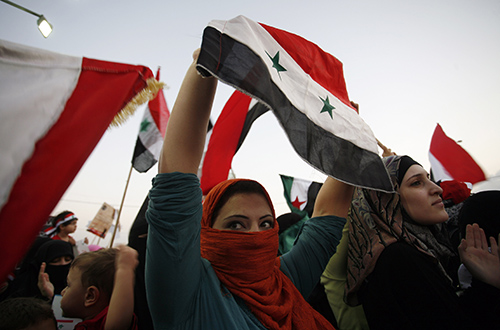
On International Women’s Day, CPJ recognizes nine female journalists jailed for their work
Coverage of protests and riots. Revelations of official corruption and graft. Major natural disasters. Investigations into deplorable living conditions. These are some of the important issues journalists cover in their role as the Fourth Estate.

Read and delete: How Weibo’s censors tackle dissent and free speech
The Chinese microblogging site Weibo has a huge following, with around 100 million users posting every day. For those living in China, one of CPJ’s 10 most censored countries, the social network offers the chance to discuss and share news that is often blocked in mainstream outlets.

The business of censorship: Documents show how Weibo filters sensitive news in China
When journalists at the Guangdong-based Southern Weekly found that their 2013 new year editorial had been changed, without their knowledge, to exalt the virtues of the Communist Party, they took their outrage to the Chinese microblogging site Weibo.
Slideshow: Remembering Avijit Roy, one year after blogger’s murder in Dhaka
On the day Avijit Roy was murdered in Bangladesh’s capital, Dhaka, I had only just left the country. When I arrived in India later that day a Bangladeshi journalist broke the news to me that Roy had been hacked to death and his wife Rafida Ahmed Bonya, also a blogger, had been critically injured.

79 cases and counting: Legal challenges pile up for Daily Star editor who admitted error in judgment
When Mahfuz Anam, editor of one of Bangladesh’s most respected newspapers, admitted recently to a lapse in editorial judgment several years ago, he could not have predicted the legal backlash that would ensue. Anam’s admission that he published unsubstantiated information accusing Prime Minister Sheikh Hasina of corruption has led to a barrage of defamation and…

Court reporters beaten by lawyers in latest attack on press freedom in India
Attacks this week against journalists covering a high-profile sedition case have heightened concerns about the state of press freedom in India. CPJ has reported frequently on journalists there coming under attack from police, criminals, politicians, and others. Now lawyers have to be added to the list.
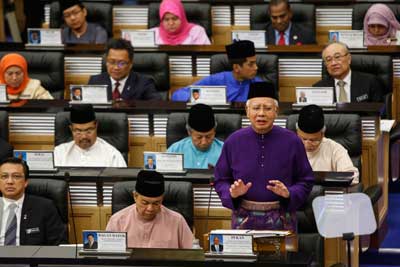
Amid financial scandal, Malaysia increases pressure on media
A financial scandal involving a state investment fund created and overseen by Malaysian Prime Minister Najib Razak, exposed in turns by investigative journalists, has put a parallel spotlight on the country’s deteriorating press freedom situation. A suggestion by the government’s top lawyer to strengthen the 1972 Official Secrets Act to penalize journalists who decline to…